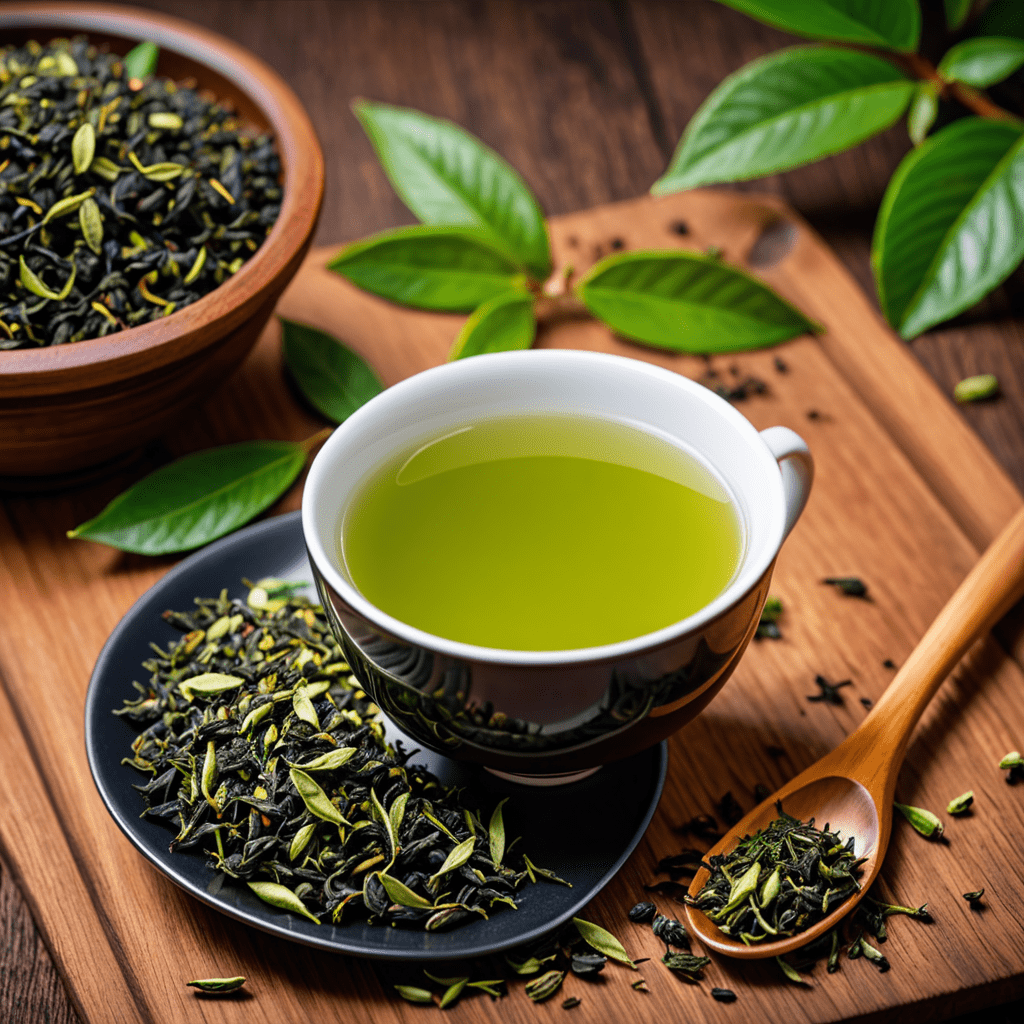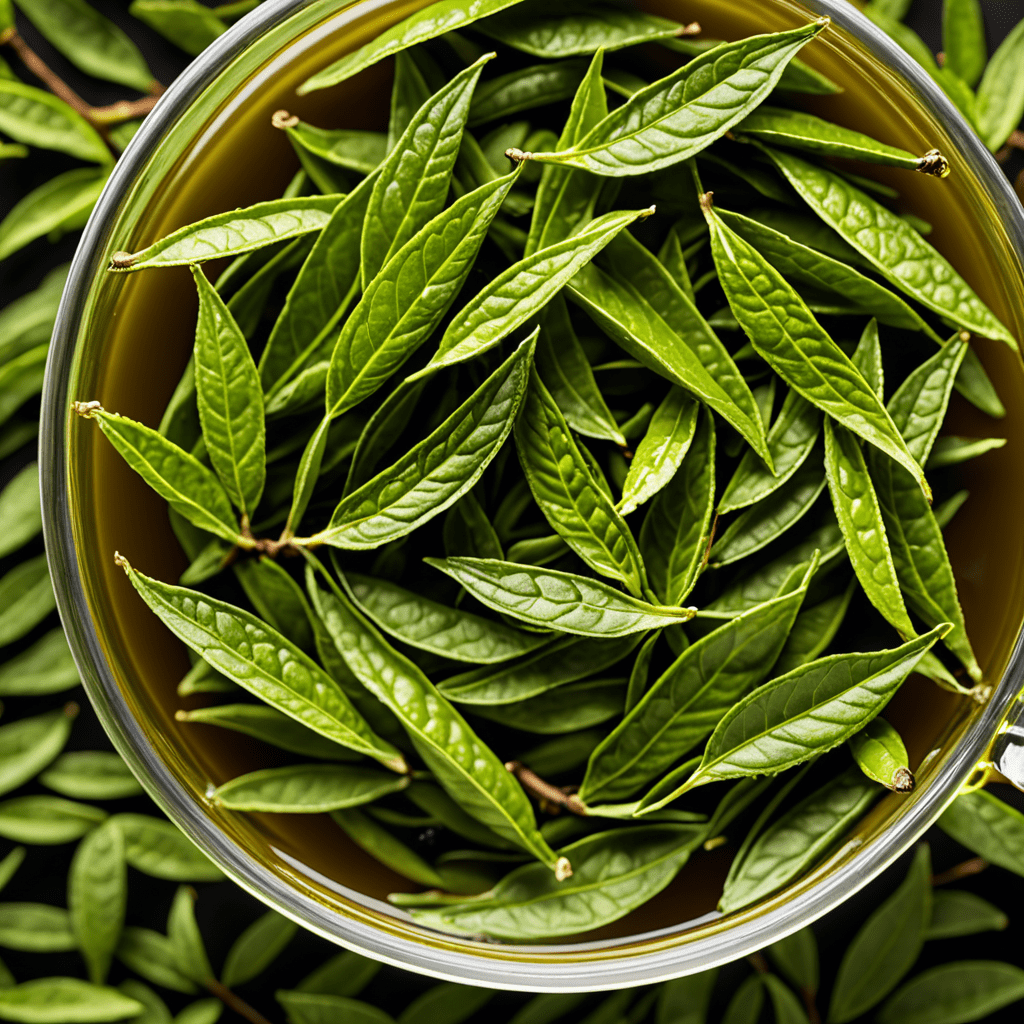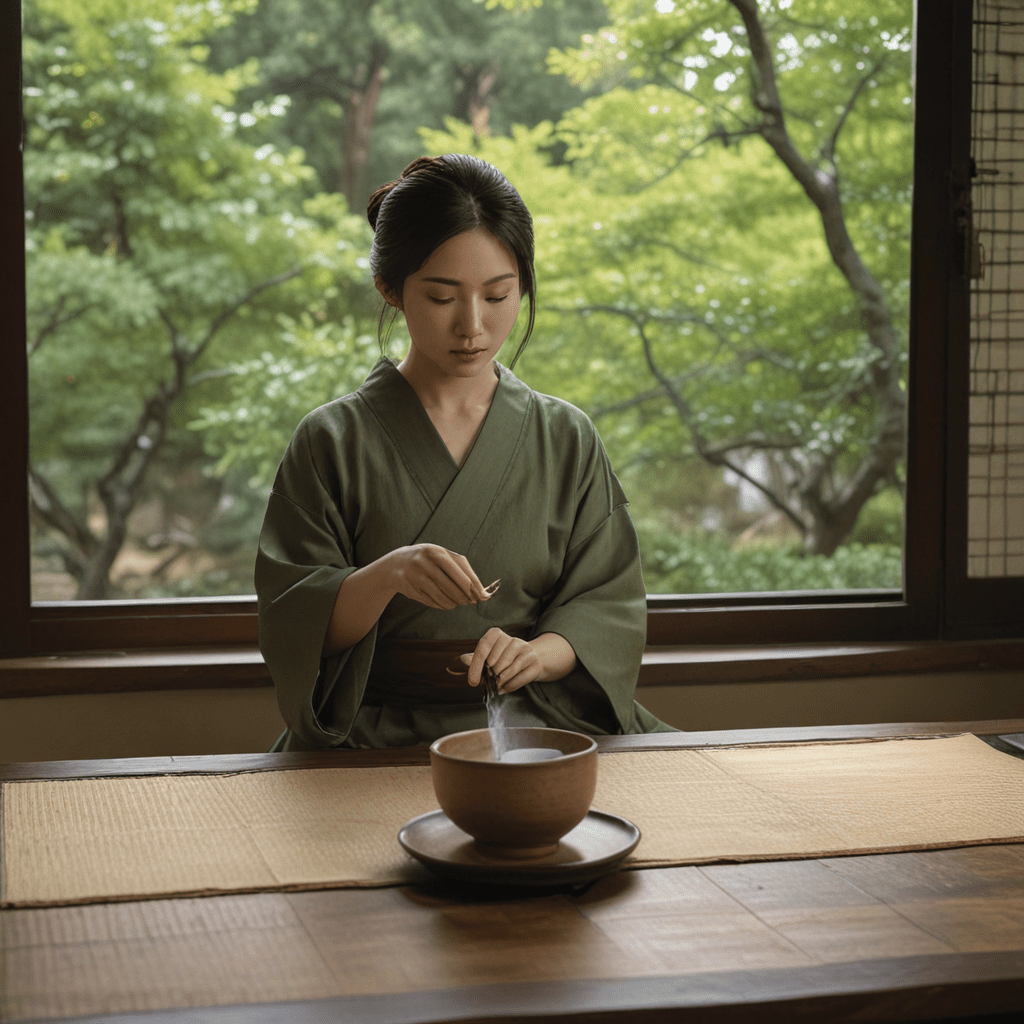
The Ultimate Face-off: Green Tea vs. Black Tea
When it comes to the world of tea, two varieties stand out: green tea and black tea. Each has its own unique flavor, aroma, and potential health benefits. Let’s delve into the differences and similarities between these two popular brews.
Flavor Profile
Green tea often boasts a fresh, grassy flavor with vegetal notes, while black tea tends to offer a robust, bold flavor with malty undertones. The taste of green tea can vary from delicate and sweet to more robust and vegetal, depending on factors such as the type of tea leaves and the brewing process. On the other hand, black tea is known for its full-bodied flavor and can have hints of caramel, chocolate, or even floral notes, depending on the specific type of black tea.
Caffeine Content
Typically, black tea contains more caffeine than green tea. This makes black tea a popular choice for those seeking a morning pick-me-up. However, green tea still contains a moderate amount of caffeine, providing a gentle energy boost without the jittery effects associated with coffee.
Processing
One of the key differences between green tea and black tea lies in their processing methods. Green tea undergoes minimal oxidation after being harvested, retaining its natural green color and delicate flavor. In contrast, black tea undergoes full oxidation, resulting in its characteristic dark color and robust flavor profile. This difference in processing also affects the potential health benefits associated with each type of tea.
Potential Health Benefits
Both green tea and black tea are packed with antioxidants, but their unique compositions offer different health benefits. Green tea is renowned for its high levels of catechins, particularly epigallocatechin gallate (EGCG), which is believed to provide potent antioxidant and anti-inflammatory effects. Black tea, on the other hand, contains theaflavins and thearubigins, which have been associated with heart health and immune system support. Both types of tea have been linked to potential benefits for brain health, metabolism, and reducing the risk of certain chronic diseases.
Brewing Techniques
Green tea is best brewed at lower temperatures, typically ranging from 160°F to 180°F, to preserve its delicate flavors. Steeping time for green tea is usually shorter, around 2-3 minutes. On the other hand, black tea requires higher temperatures, typically between 200°F and 212°F, and a longer steeping time of 3-5 minutes to fully extract its bold flavors.
FAQ
Q: Which tea has more caffeine, green tea or black tea?
A: Generally, black tea contains more caffeine than green tea. However, individual caffeine levels can vary based on factors such as the brewing process and the specific type of tea leaves used.
Q: Are green tea and black tea both good for your health?
A: Both green tea and black tea are rich in antioxidants and have been associated with various health benefits. Green tea is particularly known for its high levels of catechins, while black tea contains unique compounds that may support overall health and well-being.
Q: Which tea is more suitable for morning consumption?
A: If you’re seeking a higher caffeine content, black tea may be a better choice for a morning boost. However, if you prefer a gentler energy lift without the jitters, green tea can also be a great option to start your day.


